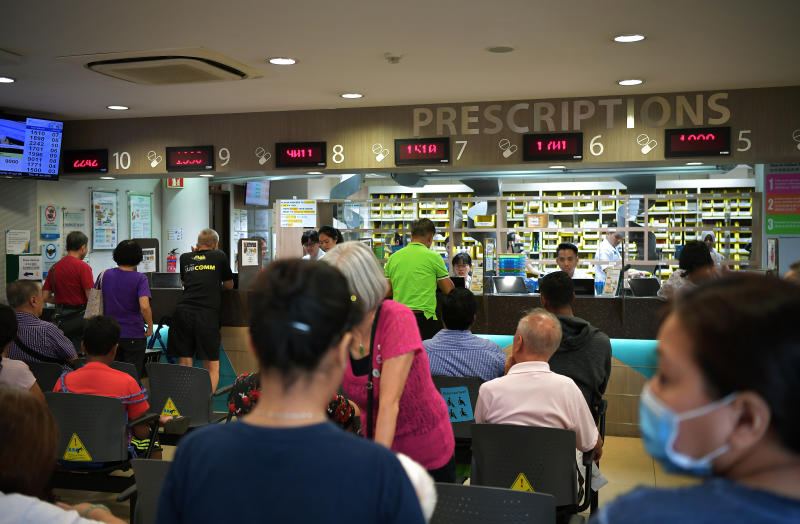Self-employed to get help topping up their Medisave
Govt, as service buyers, will assist this group to make small, regular contributions
Sign up now: Get ST's newsletters delivered to your inbox

Manpower Minister Josephine Teo said the new scheme will help to overcome the difficulty some self-employed people face in making a contribution to their Medisave accounts on an annual basis.
PHOTO: ST FILE
From early next year, the Government will take the lead in helping self-employed people make small, regular contributions to their Medisave accounts instead of a yearly lump sum.
The Government, as service buyers, will start doing it in the first quarter of next year and iron out any issues before private companies and other organisations come on board.
This is part of a slew of initiatives for workers, including the self-employed and part-timers, to help prepare them for the future.
It was announced by Manpower Minister Josephine Teo in Parliament yesterday, during the debate on her ministry's budget.
She said the new "contribute as you earn" scheme will help to overcome the difficulty some self-employed people face in making a contribution to their Medisave accounts on an annual basis.
For example, a 37-year-old with a net trade income of $65,000 in 2017 will have to contribute 9 per cent of his pay to Medisave, or $5,850.
Mrs Teo was replying to Mr Chen Show Mao (Aljunied GRC) and Nominated MP Walter Theseira, both of whom had asked how the CPF system can better enable self-employed people to save for their retirement and healthcare needs.
Medisave is a national medical savings scheme for Singaporeans to meet their personal or immediate family members' hospitalisation, day surgery and certain outpatient expenses, as well as to pay for their own healthcare needs in old age.
Giving figures, Mrs Teo showed the pool of self-employed workers has shrunk and the proportion who prefer regular employment has plunged from about 20 per cent to below 10 per cent, compared with a year ago.
To help them, Mrs Teo said her ministry introduced the Tripartite Standard on Contracting with a self-employed person last year to reduce payment disputes.
Almost 500 businesses have adopted it, covering 30,000 such workers.
The ministry has also worked with tripartite partners and agencies of various sectors to give them access to technical skills training.
It is also collaborating with insurers to introduce prolonged medical leave insurance products to them.
Part-time workers are also getting more help to enter the workforce.
The Career Trial, which helps job seekers and employers to know each other better before committing to a role, will be extended to include part-timers.
"We hope this will benefit more job seekers with care-giving responsibilities. For employers too, we hope it will help them become more comfortable with managing part-time work," said Mrs Teo.
Last year, the scheme found jobs for about 730 people.
To help workers gain new skills, the Professional Conversion Programmes (PCPs) will be revamped and ramped up to be more effective.
There are more than 100 PCPs in over 30 sectors. Last year, almost 5,000 people were re-skilled and employed through PCPs, an annual rise of more than 30 per cent.
Mrs Teo said most of the PCP participants did well. About nine in 10 remained in employment 12 to 18 months after being placed. And about two-thirds were recognised for their newly acquired skills, and received higher wages.
As for the portal MyCareersFuture.sg, launched last year to give job seekers a convenient tool for skills-to-job matching, new features will be added. These will enable employers to shortlist candidates based on skills and help job seekers with the relevant skills but who may not have the right experience.


